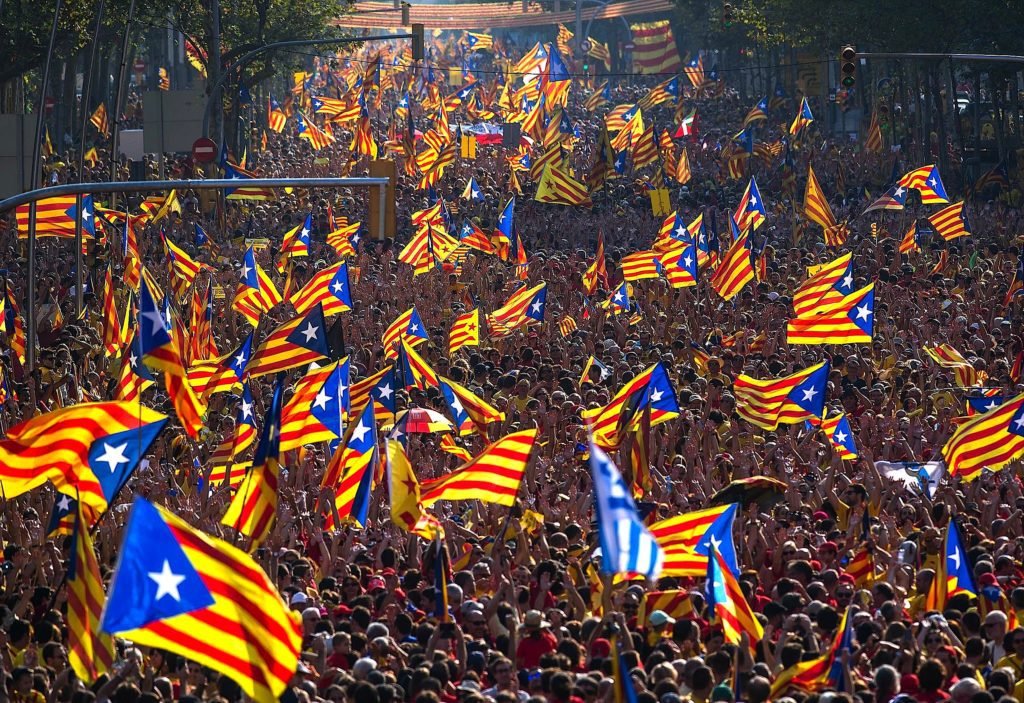Spain’s ruling coalition has proposed the replacement of a 200-year-old law of sedition used to prosecute separatist leaders. Spanish Prime Minister Pedro Sanchez stated that “we will present a legislative proposal to reform the crime of sedition and replace it with a crime more or less adjusted with what European democracies such as Germany, France, and Switzerland have, with penalties as in those democracies.”
Sanchez confirmed that the offense would be renamed to “aggravated public disorder” which holds a maximum sentence of five years in prison as opposed to 15 for sedition. The move was criticized by political opponents, such as the conservative People’s Party (PP), who referred to it as a “humiliation” for the state. Sanchez on the other hand justified the move by claiming it as a “step forward” in regard to the situation in Catalonia which has been somewhat tense since 2017. Despite this, tensions in the region have been cooling down and attitudes have been changing. Overall, support for the pro-independence movement has been declining.

Photo by Day Donaldson.
In August 2017, the Parliament of Catalonia passed an independence referendum which was later declared unconstitutional by Spanish courts. Over 2.2 million votes were cast, with 90.9% voting yes to secede and 7.87% voting no. Large-scale police brutality was reported in the region following the referendum, as the Spanish government tried to put an end to the polling. Two years later, the sedition law was applied to sentence Catalan separatists to lengthy jail sentences for the referendum. Sentences ranged from nine to 13 years and high-ranking members of the Catalonia regional government, such as former vice president Oriol Junqueras and members of his cabinet, were charged.
Sanchez, whose socialist minority coalition relies heavily on the support of small leftist parties, denied that the proposal was an effort to attract left-wing Catalonian parties such as the Republican Left of Catalonia (ERC). The move was also criticized by members of the Catalan Independence Movement such as former president of Catalonia Carles Puigdemont who referred to it as a “publicity stunt.”
Earlier last year, Sanchez pardoned nine Catalonian independence leaders charged with sedition for leading the 2017 referendum. He has also made several visits to the region since his election in June 2018 and has called for stability and peace. Additionally, he has held meetings with Catalan separatists but has told parliament that there will never be another independence referendum in Catalonia.
Featured image by: Oscar Del Pozo/AFP via Getty Images







